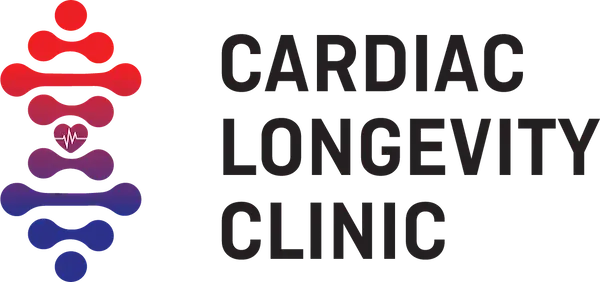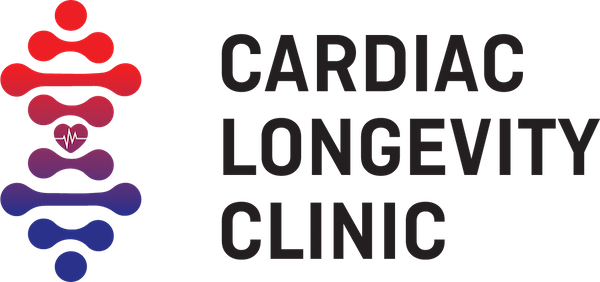Stress and Longevity: Mastering Anxiety Management for a Healthier Life
Chronic stress is a significant risk factor for cardiovascular disease and accelerated aging. At the Cardiac Longevity Clinic, we are dedicated to helping you develop effective stress management strategies to promote heart health and overall well-being.
The Physiological Impact of Stress
Stress triggers the release of hormones like cortisol and adrenaline, which can have detrimental effects on cardiovascular health when chronically elevated:
Increased Blood Pressure: Stress hormones cause blood vessels to constrict, leading to a temporary spike in blood pressure. Chronic stress can contribute to the development of hypertension, a major risk factor for heart disease and stroke. A study published in the Lancet found that individuals with high job strain had a 22% higher risk of developing hypertension compared to those with low job strain.
Elevated Inflammation: Stress promotes the release of pro-inflammatory cytokines, which can damage the lining of blood vessels and contribute to the development of atherosclerosis. A meta-analysis published in the Journal of the American College of Cardiology found that chronic stress was associated with a 27% increased risk of coronary heart disease.
Immune System Dysregulation: Stress can suppress the immune system, making individuals more susceptible to infections and impaired wound healing. Additionally, chronic inflammation, which is associated with stress, can contribute to the development of age-related diseases such as cancer, diabetes, and neurodegenerative disorders. A meta-analysis published in the journal Frontiers in Human Neuroscience found that chronic stress was associated with increased levels of pro-inflammatory cytokines and decreased levels of anti-inflammatory cytokines.
Oxidative Stress: Stress can lead to an imbalance between the production of reactive oxygen species (ROS) and the body’s ability to neutralize them, resulting in oxidative stress. Oxidative damage to cellular components, such as DNA, proteins, and lipids, is a hallmark of the aging process and contributes to the development of age-related diseases. A study published in the journal Psychoneuroendocrinology found that individuals with high levels of perceived stress had increased markers of oxidative stress compared to those with low stress levels.
Unhealthy Coping Behaviors: Stress can lead to the adoption of unhealthy coping behaviors, such as smoking, overeating, and excessive alcohol consumption, which further increase the risk of cardiovascular disease.

Evidence-Based Stress Reduction Techniques
At the Cardiac Longevity Clinic, we teach evidence-based stress management techniques to help you cultivate a sense of calm and resilience:
Mindfulness Meditation
Mindfulness practices, such as deep breathing and body scans, have been shown to reduce stress, lower blood pressure, and improve heart rate variability. A study published in the Journal of the American Heart Association found that a mindfulness-based stress reduction program led to significant reductions in systolic and diastolic blood pressure.
Cognitive-Behavioral Therapy (CBT)
CBT is a form of psychotherapy that helps individuals identify and change negative thought patterns and behaviors that contribute to stress. A meta-analysis published in the Journal of Psychosomatic Research found that CBT was effective in reducing symptoms of anxiety and depression, which are risk factors for cardiovascular disease.
Lifestyle Modifications
Regular exercise, a healthy diet, and adequate sleep are essential components of effective stress management. Our team works with you to develop a comprehensive lifestyle plan that promotes stress resilience and overall well-being.
Personalized Stress Management Plans
We understand that each individual experiences stress differently and may require a unique approach to stress management. Our team will conduct thorough assessments to identify your specific stressors and coping styles. Based on this information,we develop personalized stress management plans that incorporate a combination of lifestyle modifications and connecting you with the right resources tailored to your needs.
Take control of your stress and invest in your long-term health. Schedule a consultation with our experienced team today and discover the power of effective stress management for optimal cardiovascular health and longevity.
Learn More About Our Unique Approach to Longevity
Address
Suite 201 (Second Floor)
1370 Clyde Avenue
Ottawa, ON
K2G 3H8
Contact
Phone: 613-366-2164
Fax: 613-761-1944
Email: [email protected]
Emergency Contact: 911 or go to your nearest ER

